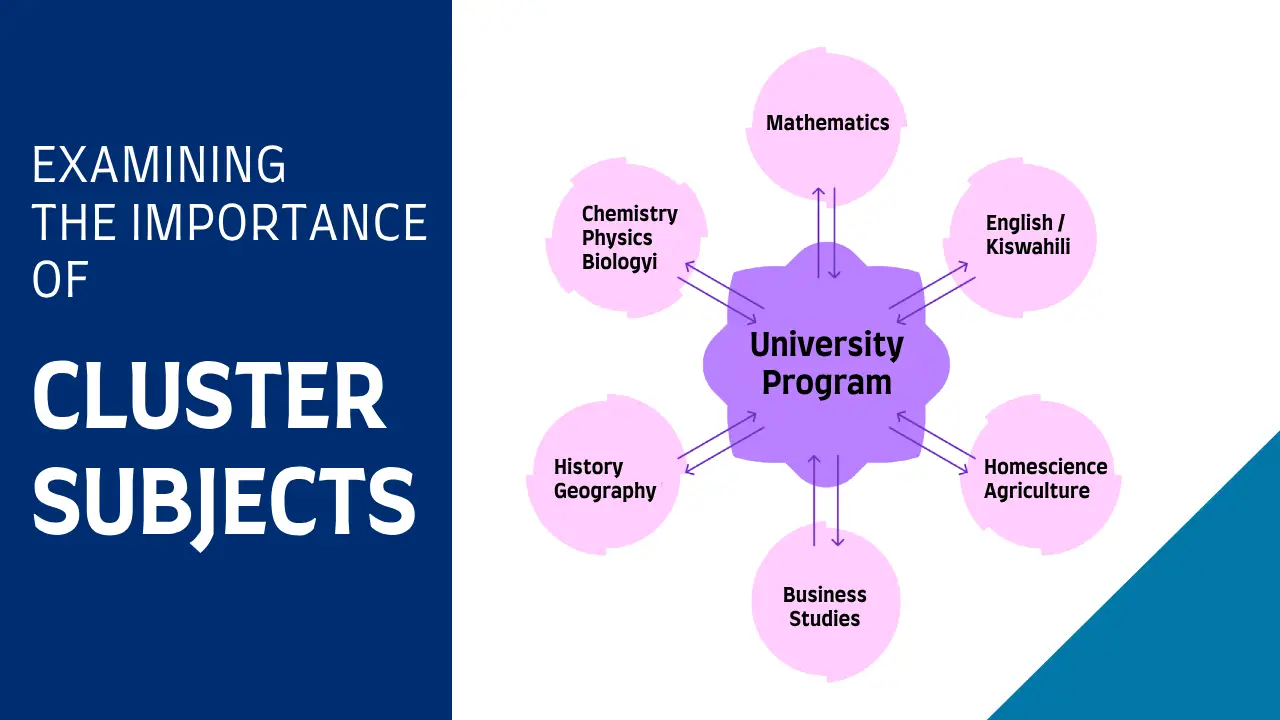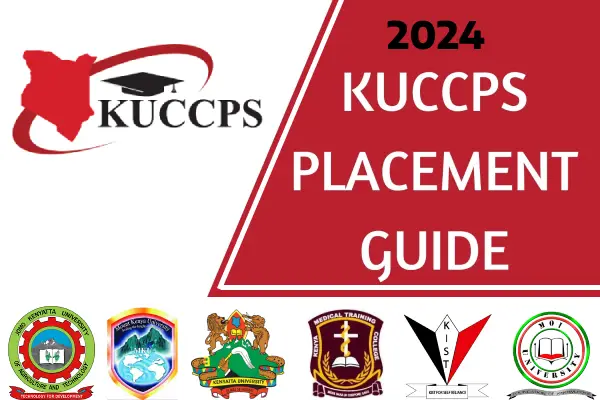
Selecting a college program is an important decision that requires careful thought and research. The time you invest now will help you make an informed choice, ensuring you start your educational journey on the right path.
Identify Your Interests
Begin by exploring what truly interests you. Ask yourself:
- Were there subjects you enjoyed in high school?
- Do you have a hobby or passion that could evolve into a career?
- Have you come across any jobs or careers that seem intriguing?
- Research the courses and programs related to these areas, and explore the career options they may lead to. Many colleges and universities also offer learning or career counseling services that can help you assess your skills and interests.
Explore College and University Programs
Consider whether you want a more general education or a program that focuses on a specific career.
- Universities typically offer broad academic degree programs (e.g., Bachelor of Arts or Science) or specialized professional training (e.g., Business, Engineering, Journalism). University programs usually take three to five years to complete and focus on research, written work, and abstract thinking.
- Colleges on the other hand offer more focused diploma and certificate programs that train you for specific careers (e.g., Graphic Design, Dental Hygiene, Culinary Arts). These programs usually take one to two years to complete.
If you are unsure about your direction, consider choosing a program that offers a range of subjects and career options. Keep in mind that switching programs later may add time and cost to your education, so think carefully about your long-term goals.
Gather Information
Gather as much information as you can to help you make an informed decision. Some useful resources include:
- College and university websites: Most institutions have detailed program descriptions and course calendars.
- Current students: Reach out to other students to learn about their experiences in specific programs.
- Professionals in the field: Talk to people working in the areas that interest you to get a realistic sense of the career.
- Professional organizations: These can provide insights into industry standards and required qualifications.
- Open days and info sessions: Many colleges and universities hold events for prospective students. These are great opportunities to meet faculty, tour campuses, and ask questions.
Organize Work or Volunteer Experience
There is no better way to test if a career is right for you than by gaining hands-on experience. Internships, volunteer work, or part-time jobs in your field of interest can give you a clearer picture of what to expect in that career.
Consider Admission Requirements
Each program has specific entry requirements. Make sure you understand the prerequisites for your chosen program. These may include:
- A minimum KCSE mean score is required, typically around a C+ for degree programs, C- for diploma programs and D for Certificate programs
- Specific subject combinations are often necessary, depending on the desired course of study. For instance, science-based courses may require strong performance in subjects like Mathematics, Physics, Chemistry, and Biology.
Full-Time vs. Part-Time Studies
You do not have to attend school full-time. Many students choose part-time studies for reasons such as:
- Family commitments
- Financial constraints
- Balancing work with school
Part-time studies can be less stressful and more manageable, particularly if you are returning to education after a break. However, consider how part-time status might affect financial aid or funding. Also, keep in mind that part-time studies may extend the time required to complete your program.
Classroom vs. Distance Education
Think about the learning environment that suits you best:
- Traditional classroom learning offers face-to-face interaction with professors and classmates, and it often includes group discussions and hands-on projects.
- Distance education provides flexibility and can be completed online. However, it requires self-discipline and may lack the structure and social interaction of a traditional classroom.
Consider your learning style and lifestyle when deciding between these options. Distance education can be ideal for those with time constraints, but it may not be suitable for everyone.
Choosing a College or University
Once you have identified your program, it is time to choose the right institution. Key factors to consider include:
- Location: Do you prefer to stay home or live away for your studies? Living on your own can be a rewarding experience, but it comes with challenges such as adjusting to a new environment and managing your finances.
- Campus size: Large institutions can offer more resources, but they can also feel overwhelming. Smaller institutions tend to have a more intimate atmosphere with smaller classes, which might be preferable if you want more personal attention.
If you plan to live away from home, think about housing options—whether in student hostels, or off-campus housing. Consider the cost and lifestyle associated with each option, as well as the impact on your academic experience.
Consider Institutional Size
The size of your chosen institution may also influence your decision. Large universities offer diverse programs, extracurricular activities, and research opportunities, but can also feel impersonal or overwhelming. Smaller colleges, on the other hand, may offer a more close-knit community with smaller class sizes, which can lead to more individual attention.
Conclusion
Choosing the right program and institution is a significant decision that requires careful planning and research. By identifying your interests, gathering information, gaining hands-on experience, and weighing your options for full-time or part-time study, you can make an informed choice that sets you up for success. Take your time, ask the right questions, and be sure to choose a path that aligns with both your career goals and personal needs.








